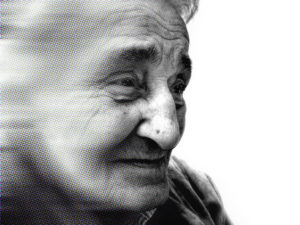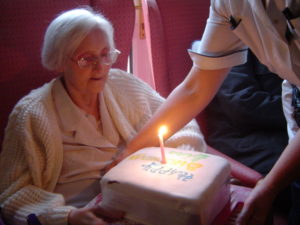
Where would we be without nurses? They tend to us when the doctor is not around, help us when we need it, and come to our homes when we have an elderly family member who needs a nurse’s touch.
The compassion and determination with which a good nurse performs his/ her duties are important for maintaining the proficiency of the healthcare system. But, what are the qualities that make nurses such an important part factor?
Here we list down some essential qualities that you should have if you are considering a career in nursing. If you are confused about whether you should pursue a nursing career or not, have a look at the following list and see if you have what it takes to become a nurse.
Be Empathetic
Being compassionate is of the utmost importance in nursing. Since there are chances that a nurse may become indifferent to a patient’s problem, it is important that you maintain an appreciative nature as to what your job tasks are and why you are qualified to assist those who need assistance.
Communication Skills

While having effective communication skills is important in various careers, it is critical in the nursing profession. A good nurse should be able to communicate well with all of his/ her patients and their families.
This includes both listening to their issues and providing them guidance and support. Having effective communication with your patients and their families is also important to make sure they clearly understand your instructions regarding the medications and lifestyle changes necessary for their health, so make it a point to be a good listener!
Flexibility
Nurses don’t always have fixed schedules. Emergencies and many other situations demand them to provide their services at different times and at various positions. So, being flexible and having the ability to adjust to varying challenges to deal with a variety of responsibilities are important qualities for becoming a great nurse.
Patience
 Patients can be irritating and finicky at times, especially the elderly. To deal with such situations, you need to have the patience (pun intended) to adapt to the patient’s tempers and not explode.
Patients can be irritating and finicky at times, especially the elderly. To deal with such situations, you need to have the patience (pun intended) to adapt to the patient’s tempers and not explode.
It is important to deal with the patient’s family professionally and to carry out the doctor’s orders effectively, making sure the patient follows the doctor’s instructions. According to research, around 60% of patients in the U.S. do not follow their doctor’s instructions; therefore, nurses need to be very tolerant while dealing with such patients and to make them understand why following doctor’s orders is critical for their health.
Dealing with Emotions Properly
Long working hours, emergencies, and assisting patients and their families can no doubt be a daunting task but hang in there. While it is important that a nurse remain empathetic to his/ her patients, getting too much affected by the patient’s suffering could negatively impact a nurse’s performance. Therefore, nurses need to be emotionally strong at all times and not fall into the trap of you becoming the patient and the nurse.
Decision Making
We saved the best for last! Being able to make professional, sometimes quick decisions can mean the difference between life and death. If you happen to come across such a situation, always maintain composure. Do not allow yourself to get overwhelmed. Take some deep breaths and think before you act. Similar to a mother putting the oxygen mask on her child first before she puts hers on in an airplane emergency, you must do the same, only in thoughts, not action. Then once you have all your thoughts together on how to proceed, go for it!


